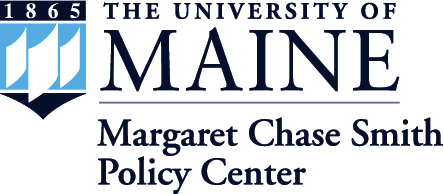Abstract
In the 1980s and 1990s, two events changed the fundamental structure of Maine's coastal ecology: inshore herring and then nearshore groundfish stocks were overfished and disappeared. Surprisingly, even without fishing, there has been no recovery. Standard fisheries management assumes that the recovery of any locally overfished place should be quick – fish from other places will 'fill in.'
In contrast, recent scientific work on social learning among animals suggests that fish have communication and learning abilities comparable to other vertebrates. Learning allows groups of fish to adapt to much more local places than possible if adaptation depended on genetics alone. In these circumstances, the reason local depletions are so persistent may be because we preferentially harvest older fish that are the source of the learned experience required for continuing local adaptation.
The important lesson for Maine is that sustainability will require more active local management.
First page
41
Last page
45
Rights and Access Note
This Item is protected by copyright and/or related rights. You are free to use this Item in any way that is permitted by the copyright and related rights legislation that applies to your use. In addition, no permission is required from the rights-holder(s) for non-commercial uses. For other uses you need to obtain permission from the rights-holder(s).
DOI
https://doi.org/10.53558/LEPX2678
Recommended Citation
Wilson, James A. . "Why Is the Depletion of Our Important Fish Stocks so Persistent?." Maine Policy Review 32.2 (2023) : 41 -45, https://digitalcommons.library.umaine.edu/mpr/vol32/iss2/7.
Creative Commons License

This work is licensed under a Creative Commons Attribution 4.0 International License.
Included in
Ecology and Evolutionary Biology Commons, Environmental Studies Commons, Marine Biology Commons
